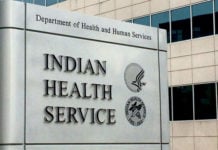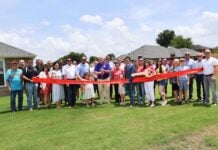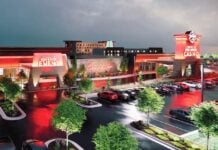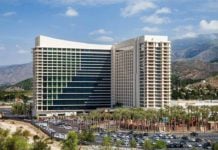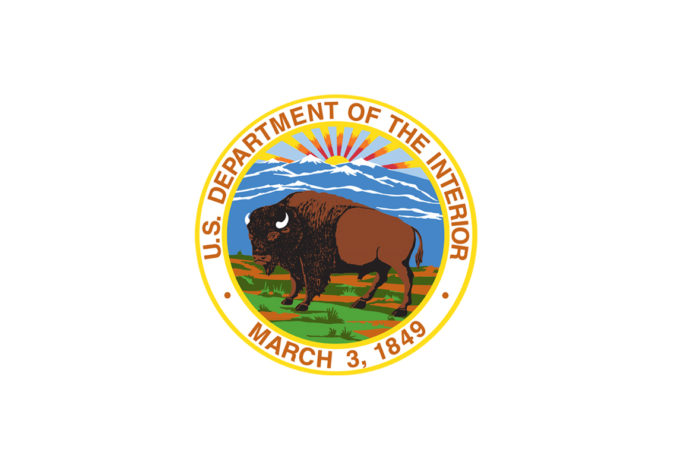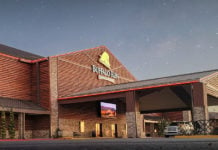WASHINGTON, D.C. – In March 2021, the Land Buy-Back Program for Tribal Nations mailed approximately $11 million in offers to purchase fractional interests from more than 3,500 landowners at the Spirit Lake Reservation in North Dakota. Landowners who received offers have until June 1, 2021, to consider and return accepted offers in the pre-paid postage envelopes provided.
The Buy-Back Program implements the land consolidation component of the Cobell Settlement, which provided $1.9 billion to consolidate fractional interests in trust or restricted land within a 10-year period set to expire in November 2022. As of May 24, 2021, approximately $111 million remains.
During the program’s first implementation at the Spirit Lake Reservation in 2017, the program consolidated nearly 27,000 fractional interests and more than 17,300 equivalent acres. To build on the prior success and to coordinate outreach efforts, the program has entered into a memorandum of agreement with the Spirit Lake Tribe to guide program implementation at the reservation.
“In partnership with the Spirit Lake Tribe, the Buy-Back Program is working hard to build upon the achievements of the initial implementation at the Spirit Lake Reservation, while also ensuring that landowners understand their options, and have access to the information they need for an informed decision,” said Principal Deputy Assistant Secretary – Indian Affairs Bryan Newland. “Landowners are encouraged to learn more about their options in order to make informed decisions regarding this unique opportunity.”
Interests consolidated through the program are restored to tribal trust ownership. Returning fractionated lands to tribes in trust has the potential to improve tribal communities. Land restoration can support, for example, tribal efforts to protect wildlife habitat, water, and fisheries, or to adapt agricultural lands to meet challenges associated with climate change. It can also ease approval for infrastructure and community projects and help tribes with an interest in transportation and utility routes or parks and recreational areas.






